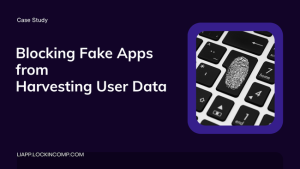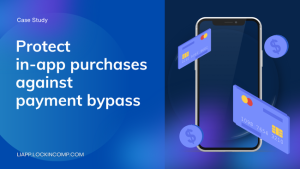
A real-life story of an automated attack on a shopping app
Read More
Hooking-based balance and limit manipulation: The most dangerous attack that can cripple a financial app
Read More
A Real-World Case Study (LIAPP·LISS Implementation Review)
Read More
A case study of protecting apps from hackers seeking illegal benefits by manipulating location information (GPS) in mobility-based services.
Read More
For companies operating O2O (Online to Offline)-based mobile services, there is a threat of user information collection through fake apps.
Read More
A real-world example of how LIAPP was introduced to detect and block account theft and abnormal payments in mobile shopping apps.
Read More
A real-world example of how security threats via mobile apps, particularly unauthorized access via rooted devices and virtual environments (emulators), were addressed with LIAPP, a security service.
Read More
A Case Study of Strengthening Payment Security in Mobile Game Apps
Read More
Through practical security cases applied to public institution mobile apps, we introduce LIAPP and LISS, which effectively prevent the leakage of sensitive personal information by preventing access to third-party apps.
Read More